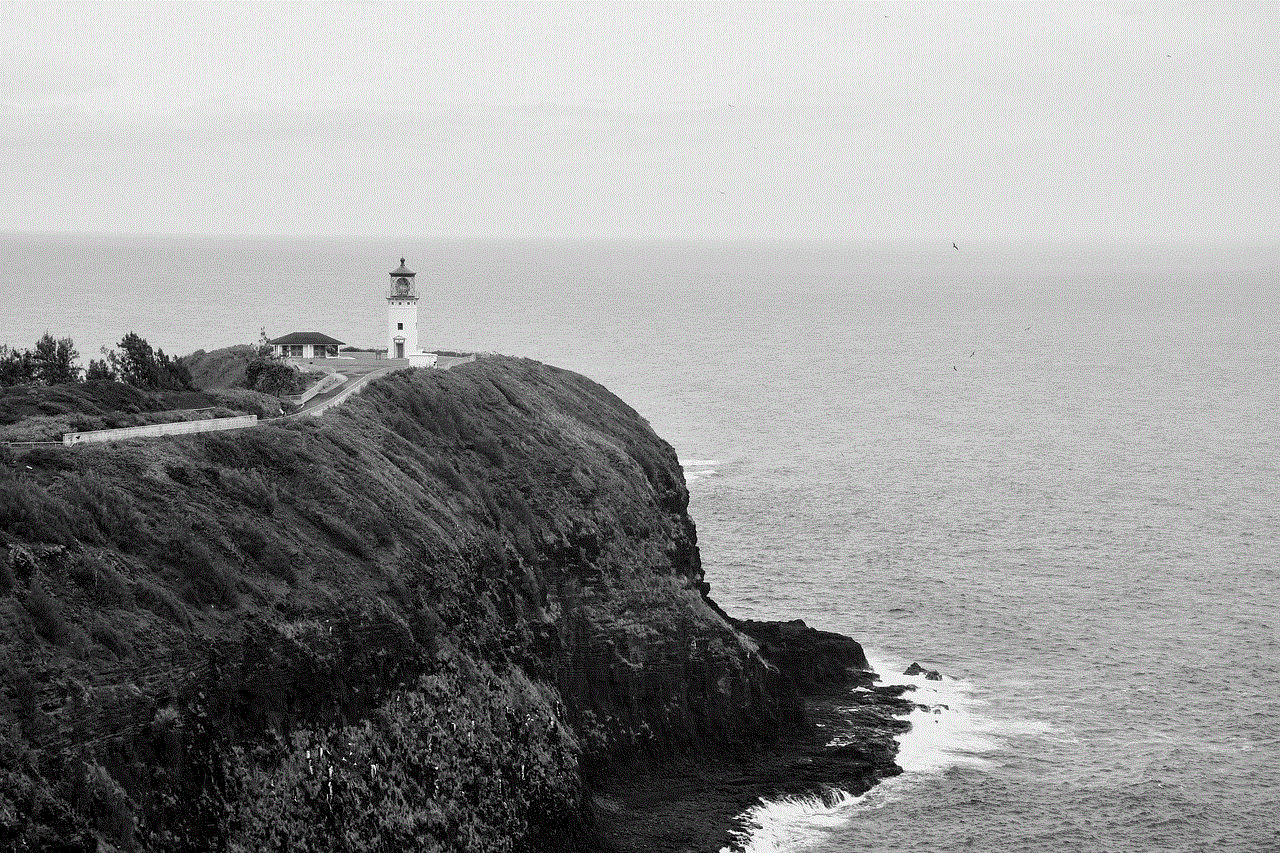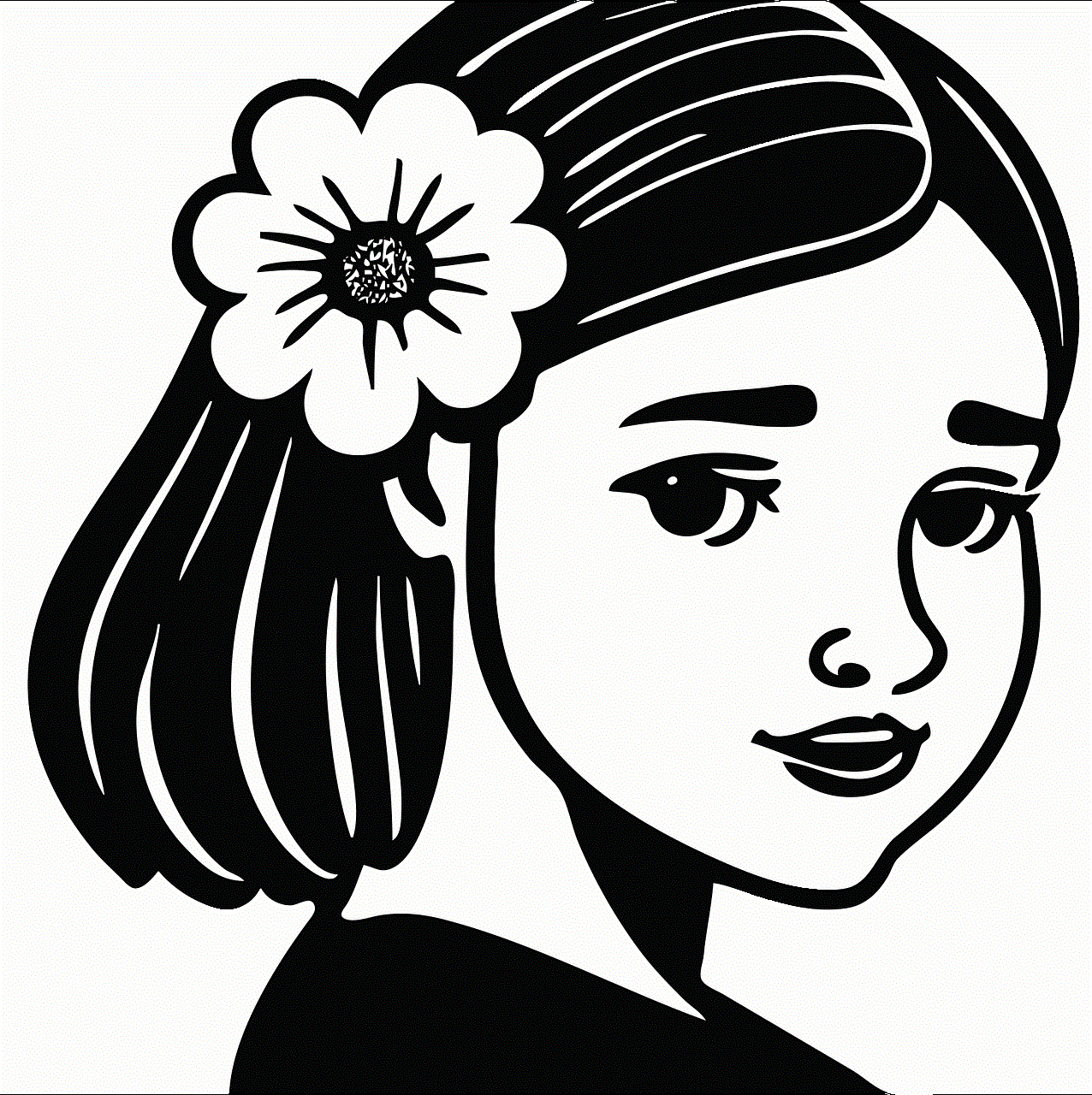does a vpn hide browsing history from router
In today’s digital age, privacy and security have become major concerns for internet users. With the increasing number of cyber attacks and data breaches, individuals are becoming more vigilant about protecting their online activities. One of the ways to safeguard your online presence is by using a Virtual Private Network (VPN). A VPN creates a secure and encrypted connection between your device and the internet, making it difficult for anyone to track your online activities. But the question remains, does a VPN hide browsing history from your router? In this article, we will explore the answer to this question and provide you with a better understanding of how a VPN works to protect your online privacy.
To understand if a VPN can hide browsing history from your router, we first need to understand how a router works. A router is a networking device that connects your devices to the internet. It acts as a gateway between your devices and the internet, routing the data packets to their intended destination. In simple terms, a router is responsible for directing your internet traffic. It also keeps a record of the websites you visit and the data you transmit and receive. This is where the concern about privacy arises. As the router has access to all your internet activities, anyone with access to the router can potentially monitor your online behavior.
This is where a VPN comes into the picture. When you connect to a VPN, all your internet traffic is routed through an encrypted tunnel to a remote server before reaching the internet. This server acts as a middleman between your device and the internet, making it difficult for anyone to track your online activities. The data passing through this tunnel is encrypted, making it unreadable to anyone who intercepts it. This means that even if someone has access to your router, they won’t be able to see your online activities.
But, does this mean that a VPN hides your browsing history from your router? The answer is both yes and no. Let’s delve deeper into it.
Yes, a VPN does hide your browsing history from your router to some extent. As mentioned earlier, all your internet traffic is encrypted when you use a VPN. This means that the data passing through your router is in an unreadable form. So, even if someone has access to your router, they won’t be able to see the websites you visit or the data you transmit and receive. This makes it difficult for anyone to monitor your online activities.
However, there are some scenarios where your browsing history may not be completely hidden from your router. For instance, if you are using a VPN provided by your employer, they may have access to your browsing history through the company’s network. Similarly, if you are using a VPN provided by your internet service provider (ISP), they may have access to your browsing history. It is essential to read the terms and conditions of the VPN service you are using to understand their data collection and sharing policies.
Moreover, a VPN only hides your browsing history from your router if you are connected to the VPN at all times. If you disconnect from the VPN, your internet traffic will be routed through your router, and your browsing history will be visible to anyone with access to your router. So, it is crucial to ensure that your VPN is always connected to protect your online privacy.
Apart from hiding your browsing history from your router, a VPN also offers other benefits that contribute to your online privacy and security. Let’s take a look at some of them:
1. Protection from hackers: As all your internet traffic is encrypted when you use a VPN, it becomes difficult for hackers to intercept your data. This is especially important when you are using public Wi-Fi networks, as they are vulnerable to cyber attacks.
2. Prevents location tracking: Websites and online services use your IP address to track your location. With a VPN, your IP address is masked, making it difficult for anyone to trace your location.
3. Bypass censorship: Some countries and organizations censor certain websites and online services. With a VPN, you can bypass these restrictions and access the internet freely.
4. Anonymity: A VPN hides your IP address and assigns you a different one from the server you are connected to. This makes it difficult for anyone to identify your online activities, providing you with a level of anonymity.
5. Protection from government surveillance: In some countries, the government monitors its citizens’ online activities. A VPN can help you evade this surveillance and protect your online privacy.
While a VPN offers many benefits, it is essential to choose a reliable and trustworthy VPN service. With the growing demand for VPNs, many providers have emerged, making it challenging to choose the right one. Here are some factors you should consider when selecting a VPN service:
1. Encryption: A good VPN should offer strong encryption protocols like AES-256 to ensure your data is secure.
2. No-logging policy: A no-logging policy means that the VPN provider does not keep any records of your online activities. This is essential to protect your privacy.
3. Server locations: The more server locations a VPN has, the better it is for you. It gives you more options to choose from and also helps in bypassing geo-restrictions.
4. Speed: A VPN can slow down your internet speed due to the encryption process. It is essential to choose a VPN that offers high-speed connections so that your browsing experience is not affected.
5. Device compatibility: A good VPN should be compatible with various devices and platforms.
6. Customer support: In case you face any issues with the VPN, it is essential to have reliable customer support to assist you.
In conclusion, a VPN does hide browsing history from your router to a certain extent. It encrypts your internet traffic, making it difficult for anyone to track your online activities. However, it is crucial to choose a reputable VPN service and always keep the VPN connected to ensure complete protection of your online privacy. With the rise in cyber threats, using a VPN has become a necessity to safeguard your online presence. So, if you value your privacy and security, investing in a good VPN is highly recommended.
how to see who blocked you on insta
Instagram is one of the most popular social media platforms with over 1 billion active users worldwide. It allows people to connect, share photos, and stay updated with their friends and family. However, like any other social media platform, there might be instances where someone decides to block you on Instagram . Being blocked on Instagram can lead to feelings of confusion, anger, and frustration, especially if you are not sure who blocked you . In this article, we will discuss how to see who blocked you on Instagram and what you can do about it.
First, let’s understand what it means to be blocked on Instagram. When someone blocks you on Instagram, it means that they no longer want to see your content, and they don’t want you to see theirs either. This action is usually taken when someone wants to end communication with a particular person or when someone finds someone’s content offensive or harassing. When someone blocks you on Instagram, you won’t be able to see their posts, stories, or even their profile. Similarly, they won’t be able to see your content or even send you direct messages.
So, how can you tell if someone has blocked you on Instagram? There are a few ways to find out, and we will discuss them in detail below.
1. Check if you can find their profile



The first and most obvious way to see if someone has blocked you on Instagram is by searching for their profile. If you have been blocked, you won’t be able to find their profile when you search for their username. This is because when you are blocked, you are essentially removed from their follower list, and your profile won’t show up in their search results. So, if you can’t find their profile, it is likely that they have blocked you.
2. Look for previous interactions
Another way to confirm if someone has blocked you on Instagram is by checking for previous interactions. If you have had conversations or comments on each other’s posts, you can go back and check if those interactions are still there. If they have blocked you, their comments and likes will disappear from your posts, and your comments and likes will also disappear from their posts.
3. Check mutual friends’ profiles
If you have mutual friends with the person you suspect has blocked you, you can check their profiles to see if they are following the person. If they are still following the person, it is likely that you have been blocked. However, if they are not following the person, it could also mean that the person has deactivated or deleted their account.
4. Look for their posts in Instagram groups or hashtags
If the person you think has blocked you is part of an Instagram group or uses hashtags on their posts, you can check those groups or hashtags to see if their posts are still visible. If you can’t find their posts, it could mean that they have blocked you.
5. Try to send them a direct message
If you are not sure if someone has blocked you, you can try sending them a direct message. When you are blocked, you won’t be able to send a message, and your previous conversations will also disappear from your inbox. However, keep in mind that this method is not foolproof as the person might have disabled their direct messages.
6. Check for previous tagged photos
If you have been tagged in any of their photos before, you can check if those photos are still visible on your profile. If they have blocked you, those tagged photos will no longer be visible on your profile.
7. Use a third-party app
There are many third-party apps available that claim to help you see who has blocked you on Instagram. These apps work by analyzing your follower list and comparing it with the list of people you follow. However, keep in mind that these apps are not 100% accurate, and some might require you to pay for their services.
8. Ask a mutual friend



If you are still unsure if someone has blocked you, you can ask a mutual friend to check if they can find the person’s profile. If they can’t find the profile, it is likely that you have been blocked.
9. Create a new account
If you are determined to find out if someone has blocked you on Instagram, you can create a new account and search for their profile. If you can find their profile with the new account, it confirms that you have been blocked.
10. Check your notifications
If someone has blocked you, you won’t receive any notifications from them, such as likes or comments on your posts. So, if you notice a sudden decrease in notifications from a particular person, it could mean that they have blocked you.
What to do if you have been blocked on Instagram?
Being blocked on Instagram can be hurtful and confusing. However, it is essential to respect the person’s decision and not try to contact them through other means. Here are a few things you can do if you have been blocked on Instagram:
1. Move on
The best thing you can do is to move on and focus on your other relationships. It might be tempting to create a new account to stalk the person who blocked you, but this will only prolong your healing process.
2. Reflect on the situation
Take some time to reflect on the situation and see if there were any warning signs that the person was not interested in communicating with you. Learn from this experience and try to avoid making the same mistakes in the future.
3. Reach out to other friends
If you have mutual friends with the person who blocked you, you can reach out to them to find out their perspective. However, do not ask them to intervene or try to get them to convince the person to unblock you.
4. Respect their decision



It is crucial to respect the person’s decision to block you. They might have a valid reason for doing so, and it is not your place to question their actions. Instead, focus on improving yourself and moving on from the situation.
In conclusion, being blocked on Instagram can be hurtful, but it is important to respect the person’s decision. If you have been blocked, you can use the methods mentioned above to confirm it. However, do not try to contact the person or create a new account to stalk them. Instead, focus on moving on and learning from the experience. Remember, there are plenty of other relationships waiting for you on Instagram, and it is not worth dwelling on one that has ended.